- Your cart is empty
- Continue Shopping

Product
Uses
Acyclovir is used to treat infections caused by certain types of viruses. It treats cold sores around the mouth (caused by herpes simplex), shingles (caused by herpes zoster), and chickenpox.This medication is also used to treat outbreaks of genital herpes. In people with frequent outbreaks, acyclovir is used to help reduce the number of future episodes.Acyclovir is an antiviral drug. However, it is not a cure for these infections. The viruses that cause these infections continue to live in the body even between outbreaks. Acyclovir decreases the severity and length of these outbreaks. It helps the sores heal faster, keeps new sores from forming, and decreases pain/itching. This medication may also help reduce how long pain remains after the sores heal. In addition, in people with a weakened immune system, acyclovir can decrease the risk of the virus spreading to other parts of the body and causing serious infections.
How to use Acyclovir
Take this medication by mouth with or without food as directed by your doctor, usually 2 to 5 times a day. Drink plenty of fluids while taking this medication unless your doctor directs you otherwise.
If you are using the liquid form of this medication, shake the bottle well before each dose. Carefully measure the dose using a special measuring device/spoon. Do not use a household spoon because you may not get the correct dose.
This medication works best when started at the first sign of an outbreak, as directed by your doctor. It may not work as well if you delay treatment.
Dosage is based on your medical condition and response to treatment. In children, dosage is also based on weight.
Side Effects
Nausea, diarrhea, headache, or vomiting may occur. If any of these effects persist or worsen, tell your doctor or pharmacist promptly.
Remember that this medication has been prescribed because your doctor has judged that the benefit to you is greater than the risk of side effects. Many people using this medication do not have serious side effects.
Tell your doctor right away if you have any serious side effects, including: dizziness, drowsiness, signs of kidney problems (such as a change in the amount of urine, unusual back/side pain), mental/mood changes (such as agitation, confusion, hallucinations), shaky/unsteady movement, trouble speaking.
This medication may rarely cause a life-threatening disorder that affects the blood cells, kidneys, and other parts of the body. This disorder is more likely to occur if you have conditions related to a weakened immune system (such as HIV disease, bone marrow transplant, kidney transplant). Get medical help right away if any of these very serious side effects occur: extreme tiredness, slow/fast/irregular heartbeat, easy bruising/bleeding, new fever, bloody/dark urine, severe stomach/abdominal pain, yellowing eyes/skin, sudden vision changes, loss of consciousness, seizures.
A very serious allergic reaction to this drug is rare. However, get medical help right away if you notice any symptoms of a serious allergic reaction, including: rash, itching/swelling (especially of the face/tongue/throat), severe dizziness, trouble breathing.
Additional Information
| # of Tablets | 30 Tablets, 60 Tablets, 90 Tablets, 120 Tablets, 150 Tablets, 180 Tablets, 210 Tablets, 240 Tablets, 270 Tablets, 300 Tablets, 330 Tablets, 360 Tablets, 420 Tablets, 480 Tablets, 540 Tablets, 600 Tablets, 660 Tablets, 720 Tablets, 840 Tablets, 960 Tablets, 1080 Tablets |
|---|
You must be logged in to post a review.

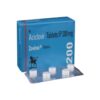
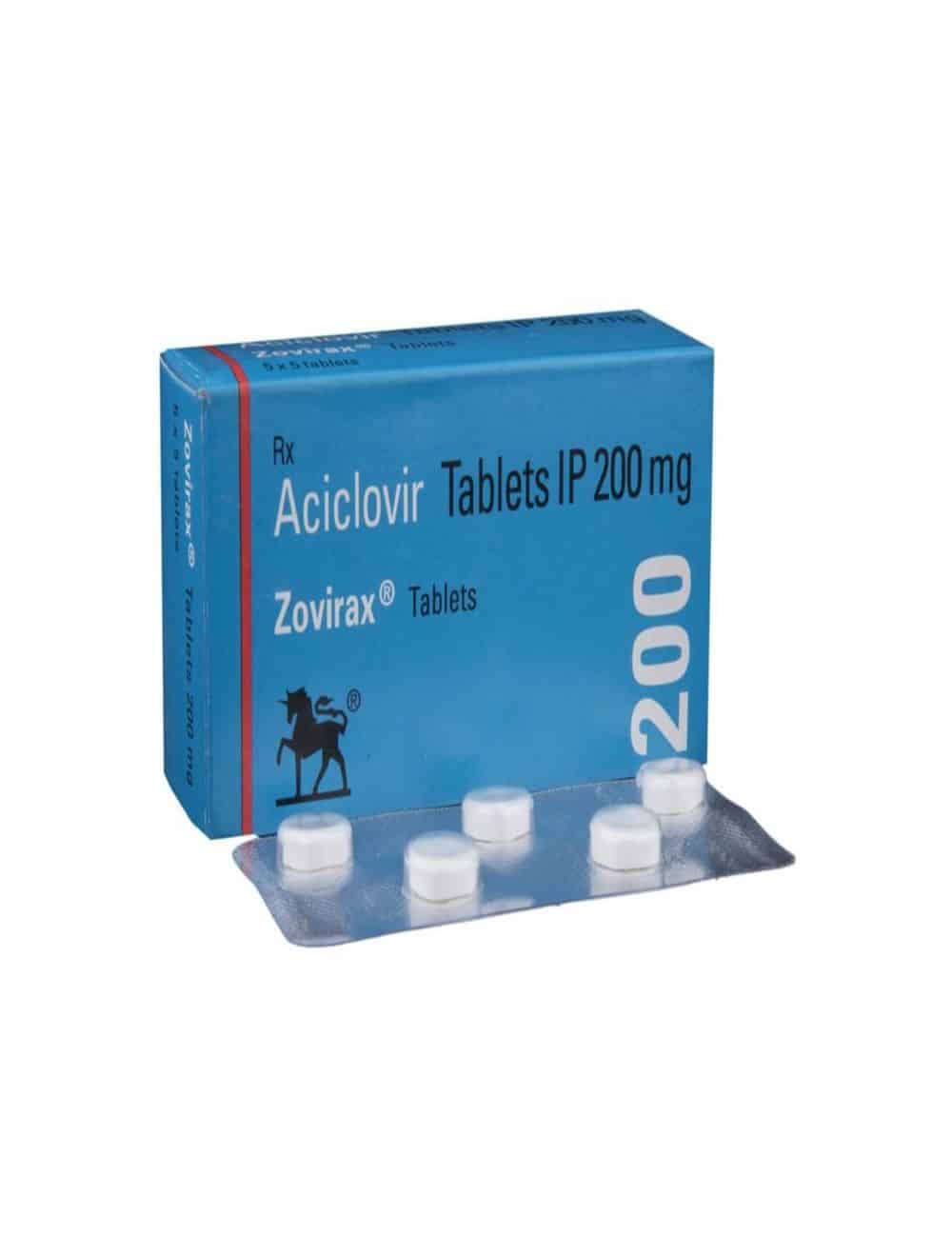
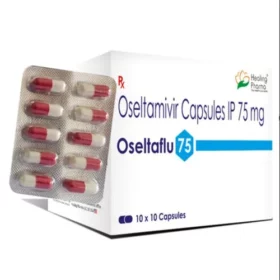
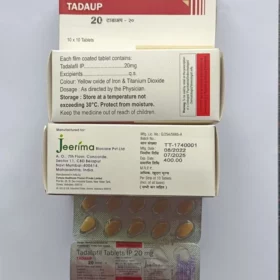
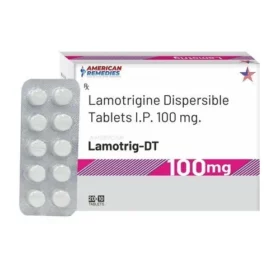
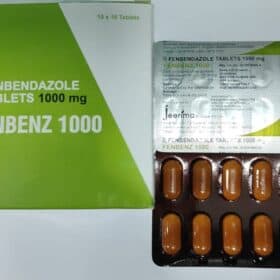
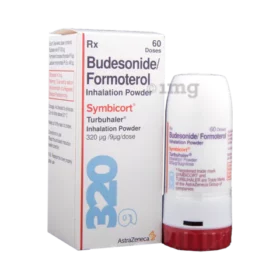
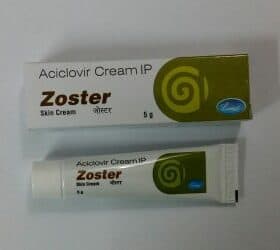
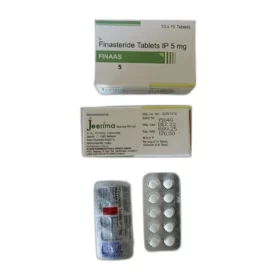
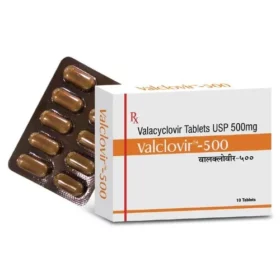
Reviews
There are no reviews yet.